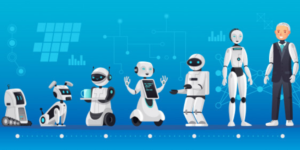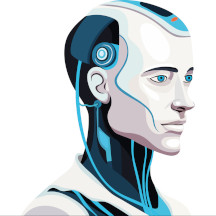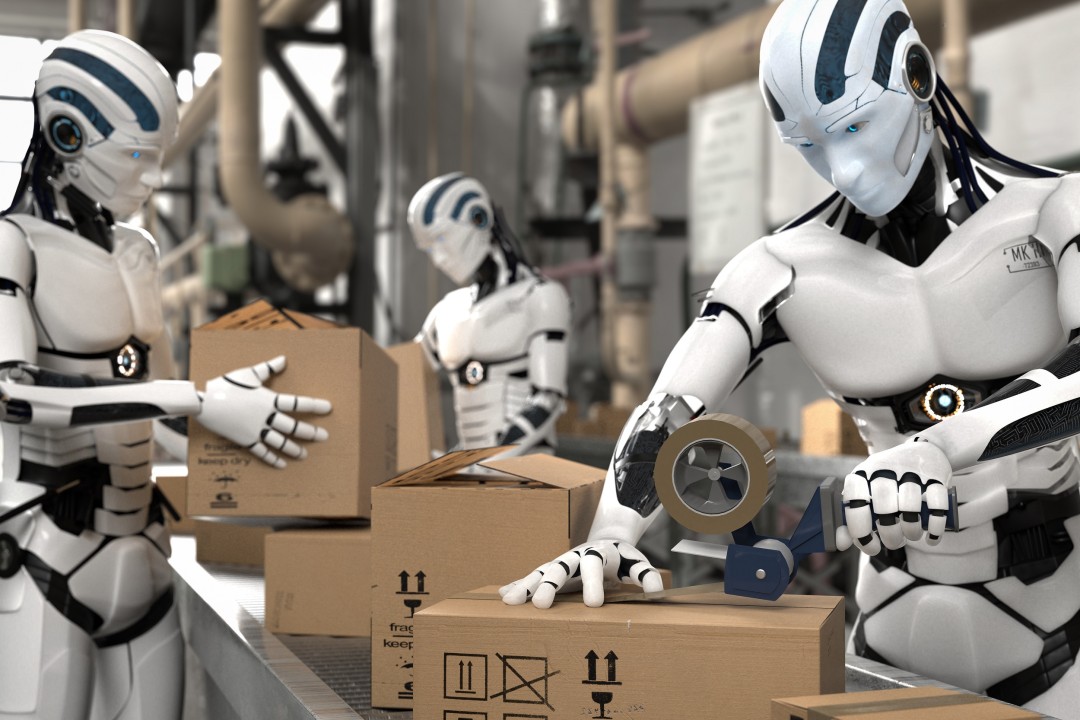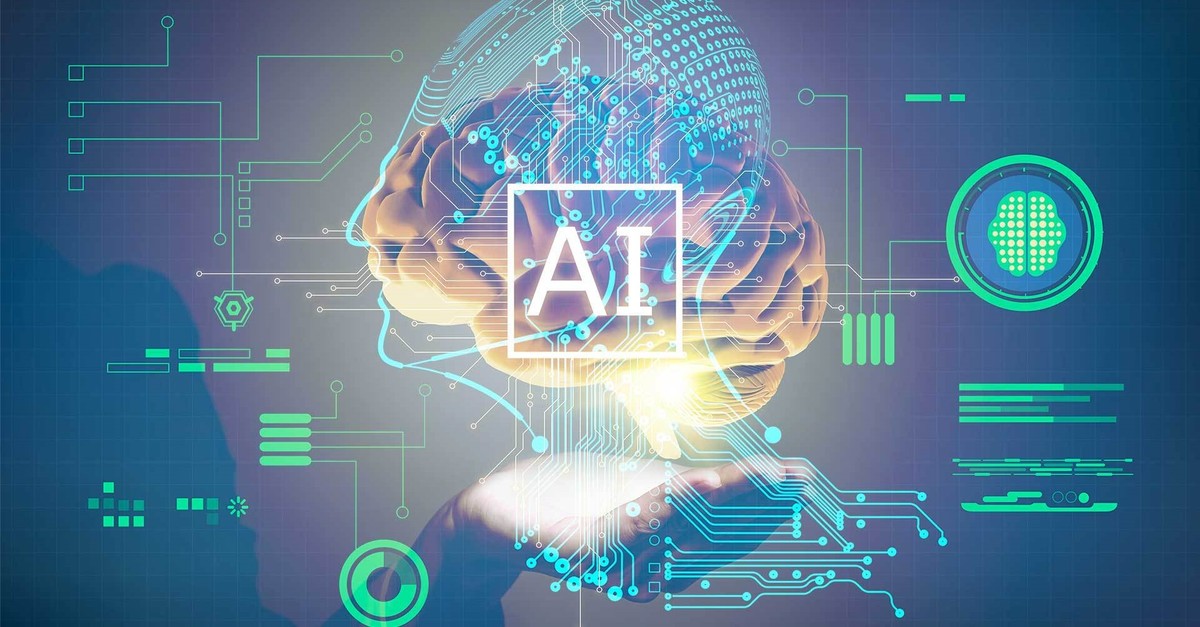
The Father of Robotics: Unveiling the Genius Behind Our Mechanical Companions
The man who got the title "Father of Robotics" is often attributed to the legendary science fiction writer, Isaac Asimov (1920-1992). In today's rapidly advancing technological world, robotics has become an integral part of our lives. From manufacturing industries to healthcare, from space exploration to household chores, robots have revolutionized the way we live and work. But have you ever wondered who pioneered this remarkable field? Who can be considered the visionary behind the birth of robotics? Let's embark on a journey to explore the life and contributions of the "Father of Robotics."
Meet Isaac Asimov: The Literary Architect of Robotics
The title of "Father of Robotics" is often attributed to the legendary science fiction writer, Isaac Asimov (1920-1992). Born in Russia and raised in the United States, Asimov was not only an accomplished author but also a prolific biochemist and professor. He is best known for his exceptional contribution to science fiction literature, with countless novels, short stories, and essays that explored themes of space exploration, artificial intelligence, and, most importantly, robotics.
Asimov's Three Laws of Robotics:
Isaac Asimov's lasting legacy in the world of robotics lies in his creation of the Three Laws of Robotics. First introduced in his 1942 short story "Runaround," these laws have become foundational principles in the development of real-life robotics. The Three Laws are as follows:
-
A robot may not injure a human being or, through inaction, allow a human being to come to harm.
-
A robot must obey the orders given it by human beings, except where such orders would conflict with the First Law.
-
A robot must protect its own existence as long as such protection does not conflict with the First or Second Law.
Asimov's vision of these laws set the stage for discussions and debates about the ethical implications of artificial intelligence and robotics. They have guided researchers and developers in creating robots that prioritize human safety and well-being.
Contributions to Robotics and Artificial Intelligence:
While Isaac Asimov's primary domain was literature, his influence extended far beyond the world of science fiction. He possessed a deep understanding of the potential of robotics and artificial intelligence. Asimov's ideas laid the groundwork for real-life robotic research and development, inspiring scientists and engineers to explore the possibilities and applications of intelligent machines.
His popular robot-themed series, which includes the Robot series and the Foundation series, showcased his deep insights into human-robot interactions, the challenges of human emotions in robots, and the future evolution of AI.
Beyond the Three Laws, Asimov's work addressed various hypothetical scenarios involving robots, exploring the complexities of human-robot relationships and the moral dilemmas arising from artificial intelligence. His stories often presented both utopian and dystopian visions of the future, prompting readers to consider the potential consequences of technological advancements.
Impact on Popular Culture:
Asimov's literary contributions have permeated popular culture, leaving an indelible mark on the way we perceive robots and AI. His works have inspired countless other authors, filmmakers, and creators, leading to a vast array of robot-themed stories and movies.
From the iconic "I, Robot" movie, loosely based on Asimov's stories, to the popularization of the term "robotics" itself, his legacy remains alive and well in modern times.
Conclusion:
Isaac Asimov's pioneering vision and remarkable literary talent have earned him the title of the "Father of Robotics." Through his Three Laws of Robotics and compelling narratives, he not only shaped the way we perceive robots but also laid the foundation for the development of real-life robotics and artificial intelligence.
As we continue to embrace and integrate robots into our lives, it is essential to recognize the contributions of visionaries like Asimov, whose far-reaching ideas and ethical considerations remind us to use technology responsibly and with the best interests of humanity at heart. The legacy of the "Father of Robotics" will undoubtedly endure, guiding future generations of thinkers, scientists, and dreamers toward a brighter, more technologically advanced future.









Leave A Comment